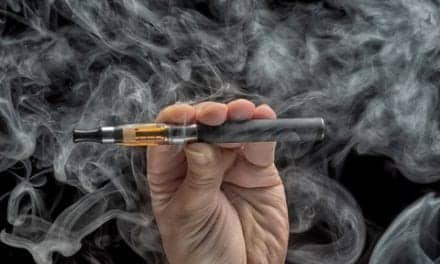Pregnant women who smoke don’t just harm the health of their baby—they may actually impair their child’s DNA, according to new research. The finding may explain why the children of smokers continue to suffer health complications later in life.
Babies born to smoking mothers tend to be smaller, have impaired lung function, and have a higher incidence of birth defects. Even as adults, these individuals exhibit health and behavioral problems, with those born to smokers being more likely to suffer from asthma, nicotine addiction, and substance abuse.
“We have a limited understanding of the biological mechanisms for such effects,” wrote genetic epidemiologist Christina Markunas and perinatal epidemiologist Allen Wilcox of the National Institute of Environmental Health Sciences in Research Triangle Park, North Carolina, in a joint e-mail to Science. One possibility is so-called epigenetic changes. Various environmental triggers—ranging from stress to diet—can chemically modify DNA, turning certain genes on or off.
The new study is one of the largest of its kind to investigate whether maternal smoking can cause such changes. Researchers analyzed blood collected from 889 infants shortly after delivery; approximately one-third of which were born to mothers who self-reported smoking during the first trimester. The team looked for chemical tags called methyl groups—just one of several types of epigenetic modifications to DNA.
The results of the study were startling. Children born to smokers showed epigenetic changes to their DNA that were not present in the children of nonsmokers, the group reported online ahead of print in Environmental Health Perspectives. Compared with infants of nonsmoking mothers, babies born to smokers had alterations in more than 100 gene regions. Among the affected genes were those linked to fetal development, nicotine addiction, and the ability to quit smoking.
The work provides some of the strongest evidence to date that maternal behaviors can modulate fetal DNA during pregnancy. Moreover, the findings are supported by previous research indicating maternal smoking may alter the newborn’s DNA, says Andrea Baccarelli, director of Harvard University’s environmental epigenetics lab. The results of this large-scale investigation are consistent with the findings of previous, smaller studies, as well as research directly examining the effects of cigarette chemicals on cells, he notes. “It is a wonderful example of convergence between [lab-based] toxicology studies and human studies.”









